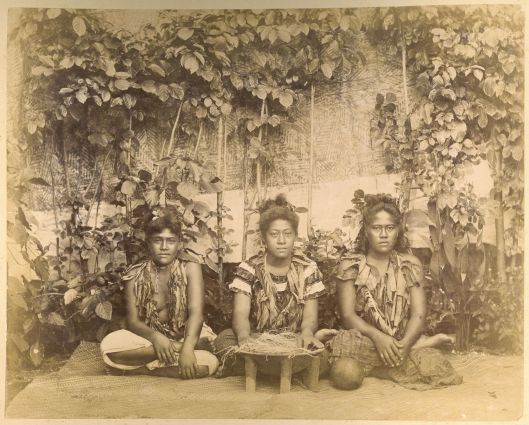A kava study by Dr Joerg Gruenwald titled “In-Depth Investigation into EU Market Restrictions on Kava Products” was commissioned by the Centre for the Development of Enterprise (CDE), a facility of the European Union based in Brussels, at the request of the Pacific Islands Forum Secretariat in July 2002.

Restrictions on kava were imposed by health agencies overseas after reports that some consumers suffered negative reactions, including a number of fatal cases that were blamed on processed kava by-products such as leaves and stems.
Kava exports from countries such as Fiji, Samoa, Tonga and Vanuatu collapsed, costing the countries millions of dollars in export revenue. The exporters have since tried to make a distinction between the use of kava in its natural form (as practised in the Pacific Islands) and the synthesised compounds and kava by-products offered by the pharmaceutical industry. Such products as kava tea bags have found large markets throughout Europe and the USA.
“Pacific Island communities have safely used kava for hundreds of years in its natural form,” said the Secretary General of the Pacific Islands Forum Secretariat, Mr Noel Levi.
“The study reinforces our faith in kava as a social and ceremonial drink that is a major economic item in our region,” he said.
The study has suggested that a Kava Committee be established to try and regain the market authorisation for kava products, which have been processed by pharmaceutical companies into a range of prescription drugs and herbal remedies.
The proposed Kava Committee would comprise key stakeholders in the Pacific Islands and Europe who would try to restore the image of kava in overseas markets. A meeting of stakeholders is being planned for mid July with the assistance of ProInvest – an arm of CDE based in Brussels that promotes investment and technology flows to private enterprises in the ACP States.
The meeting tried to draw up strategies and timelines to address the negative publicity that has affected the exports of kava.
Since those days kava has been on the up and up. Many countries that firstly imposed a ban or sanctions on the plant have since rescinded. The studies that pointed towards hepatoxicity have all but been refuted and the kava market has grown again.
While still facing a tough environment in which to thrive, many of the former kava producing nations have successfully implemented strong export strategies and their economies have improved in terms of this agricultural component.
